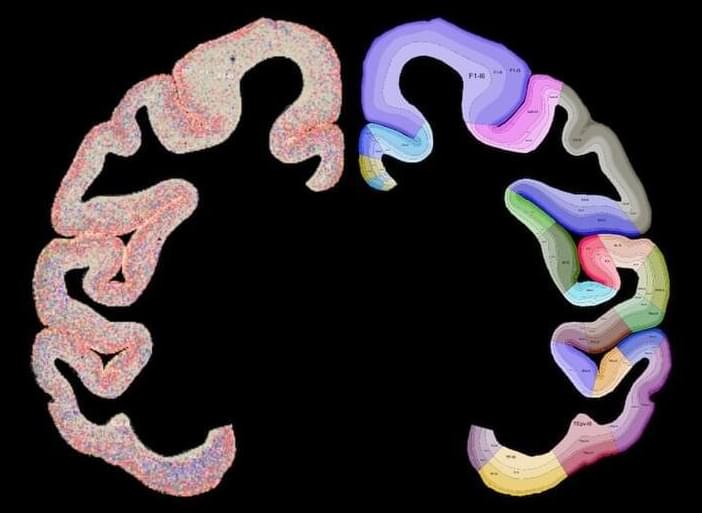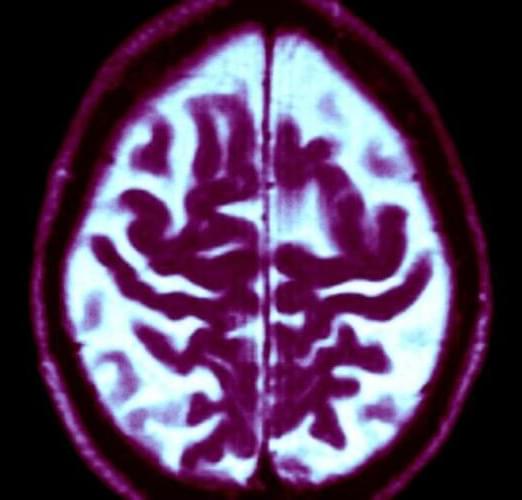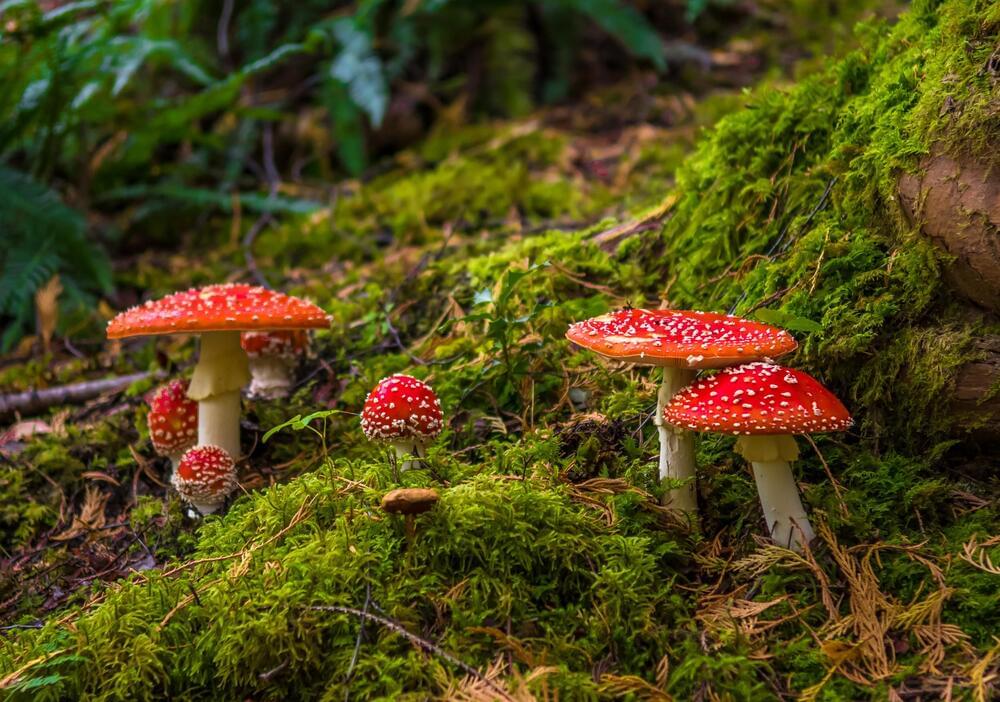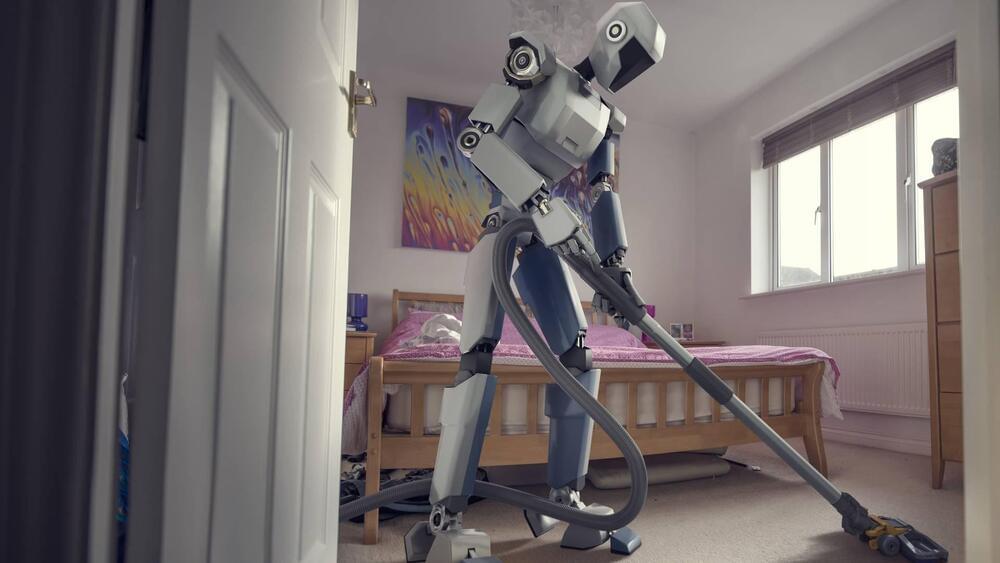The map will help researchers tackle the age-old questions of how structure leads to intelligence and what causes neurological diseases.



There may soon be another option for an Alzheimer’s drug capable of slowing the progression of the devastating disease.
An experimental Alzheimer’s drug from drugmaker Eli Lilly helped slow cognitive decline in patients in the early stages of the illness, according to the results of a late-stage clinical trial. Side effects of the drug, called donanemab, however, were serious in some cases, and included brain swelling and brain bleeds.
Lilly representatives presented the results at the Alzheimer’s Association International Conference in Amsterdam on Monday. The research was published simultaneously in the Journal of the American Medical Association.
Specific nerves may be stimulated artificially, for example to treat pain. The finer the nerves, the more difficult it is to attach the required electrodes. Researchers at the Technical University of Munich (TUM) and NTT Research have now developed flexible electrodes produced with 4D printing technology. On contact with moisture, they automatically fold and wrap themselves around thin nerves. The study is published in the journal Advanced Materials.
The nervous system controls our movements through electrical impulses. These pass from nerve cell to nerve cell until finally, for example, a muscle contraction is triggered. Nerve cells can also be stimulated artificially, triggering the nerves with current pulses via acutely applied or implanted electrodes. Peripheral nerve stimulation is used, for example, to treat chronic pain or sleep apnea.
Furthermore, there are clinical applications for stimulating the vagus nerve to treat for depression and epilepsy. With a diameter of several millimeters, this nerve is relatively thick.

Both A4 and LEARN suffered from several methodological hiccups, to the extent that one might consider A4, at least, a failed study. In 2017, after A4 was well underway, the leaders decided to up the solanezumab dosage substantially, from 400 mg to 1,600 mg per dose, and also to extend the follow-up period from the originally planned 3.2 years to 4.5 years, so that effects of the dosage increase could be captured adequately.
Meanwhile, LEARN commenced at about the same time. That meant that less than 3 years later, both studies were hit by the COVID-19 pandemic and its associated disruptions. Many study sites shut down, and the investigators had to resort to home infusions in some places to keep the study going. Aisen and Sperling acknowledged that these issues complicated data collection, analysis, and interpretation. But there was no suggestion that these problems might have obscured a genuine beneficial effect from solanezumab.
Taken together, said Sperling, the results from A4 and LEARN indicate that “amyloid reduction may be necessary to slow progression even at the stage of preclinical [Alzheimer’s disease].”


Some long-lived fungi species appear to be able to use a special type of cell division to stop cell mutations in their tracks, reducing the chances of cancers growing, scientists have discovered.
Fungi are comprised of networks of filaments known as mycelium. Within the cells of these filaments, there are usually single nuclei with half a set of chromosomes, known as “haploid,” similar to a human sperm or egg. Only when the fungus needs to produce spores to reproduce asexually, such as in the gills of mushrooms do these nuclei fuse.
Researchers from Wageningen University & Research revealed in a paper published in the journal Microbiology and Molecular Biology Reviews that mutations may arise in these nuclei that prevent the mycelium filaments from fusing, therefore stopping the fungus’s ability to produce spores and reproduce asexually.

MIT researchers have developed PIGINet, a new system that aims to efficiently enhance the problem-solving capabilities of household robots, reducing planning time by 50–80 percent.
This is according to a press release by the institution published on Friday.
Under normal conditions, household robots follow predefined recipes for performing tasks, which isn’t always suitable for diverse or changing environments. PIGINet, as described by MIT, is a neural network that takes in “Plans, Images, Goal, and Initial facts,” then predicts the probability that a task plan can be refined to find feasible motion plans.


Summary: Psychologists revealed people’s judgments of truthfulness are influenced by what they perceive as the information source’s intentions.
They found that even when individuals knew the factual accuracy of a claim, their judgment of its truth was affected by whether they thought the source was trying to deceive or inform them. This tendency held true for both politicized and non-politicized topics.
This research uncovers a new facet of truth perception, showing that objective accuracy is not the only criterion considered.
Sir Frederick Banting was clearly ahead of his time. He is also an inspiration for a new open source self-administering drug delivery device. Long before open source was an option or even a concept, the now-celebrated former Western lecturer refused to patent insulin because he wanted it to be inexpensive and widely available for the betterment of all.
Now, 100 years after Banting won the Nobel Prize for his discovery, Western researchers are at it again. A team led by engineering and Ivey Business School professor Joshua Pearce has developed a new 3D printed, completely open-source autoinjector —a device designed to deliver a single dose of medicine—for a tenth of the cost of a commercially purchased product.
A new study, published July 14 in the journal PLOS One, describes the manufacturing design of the spring-driven device, which could cost less than $7 to make while a store-bought version is closer to $70.